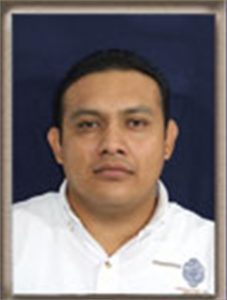In order to identify plant species that are used for remedies in Mayan communities, the Autonomous University of Yucatán (Uady, for its acronym in Spanish) is developing a multidisciplinary study in the town of Yaxcabá, Notimex reports.
The researcher of the Laboratory of Pharmacology of the Faculty of Chemistry under the Uady, Rolffy Rubén Ortiz Andrade, said that the project was focused, in a first phase, on the various plant species and forms of combination of herbal remedies of the community.
“Once the plant species were identified, we evaluated the pharmacological properties of the herbal remedies developed by the study community in experimental rodent models, in order to validate their therapeutic potential,” he said.
The specialist explained that in Yaxcabá there is a center of traditional doctors widely known in the region, which motivated the researchers to study the medicinal preparations that are prescribed in this locality and thus reproduce them later in the laboratory.
“Although there are known species that have a lot of reports in the scientific literature about their pharmacological effect, the preparation that traditional doctors in the region carry out have not been studied,” he said in an interview for the Information Agency of the National Science Council And Technology (Conacyt, for its acronym in Spanish).
Ortiz Andrade said that he and his team elaborate the mixtures and evaluate their hypoglycemic, antihyperglycemic and hypotensive effects, as well as the toxic ones to consumption.
“We prepared the traditional preparations trying to match the conditions that the community has to obtain and subsequently were given to normoglycemic, normotensive, hypertensive and diabetic rodents, to observe the different results on the animal models used,” he said.
The researcher highlighted that in the Laboratory of Pharmacology of the Faculty of Chemistry under the Autonomous University of Yucatan a line of research focused on the pharmacological and toxicological study of plant species in the region is being developed.
“Within this line we are studying secondary metabolites and bioactive molecules, with potential application in the treatment and control of chronic degenerative diseases such as diabetes, hypertension, rheumatoid arthritis and cancer,” he said.
For more information on Medical Tourism go to http://www.yucatanhealthcare.com/?lang=en
Source: notimex.gob.mx



